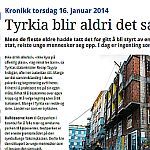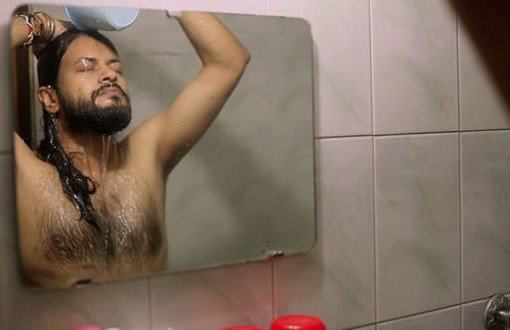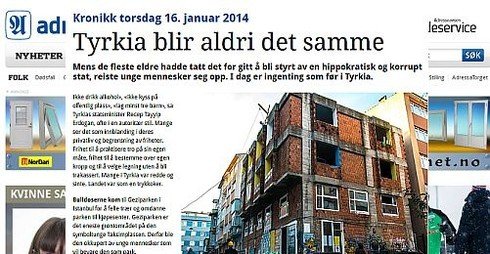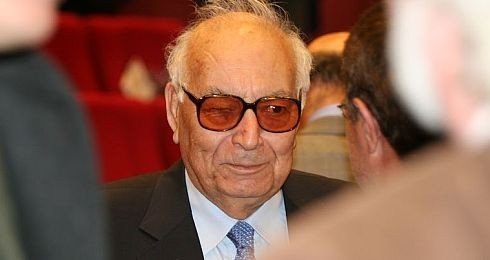Internet and Democracy

A Facebook post says: " To live in Turkey is very exciting, as long as you are not a Turkish citizen." Sons of ministers are arrested under suspicion of money laundering, long time allies become enemies, the manager of a state bank is caught with 4.5 millions of US Dollars hidden in a shoe box, the husband of a celebrity is the main figure in a bribery case, ministers are dismissed, chefs of police are fired, judges are relocated and the prime minister's son also is implicated in a corruption case. Protests and unrests in the streets follow as consequences of these and other events. Well, one never gets bored in Turkey, only worries more about the future.
The internet is the most democratic field in today's world. It plays an increasingly important role, especially in countries where people are fighting for freedom and human rights. In such countries, the use of the internet displays a pattern where expressions become more aggressive and the users are in fact more talkative and creative than in actually democratic countries. The reason for that is that; the internet gives them the freedom to breath and a chance to speak out with less risk for being arrested.
In Turkey, members of the government face lots of opposition on the internet. There are, for example, regularly attacks on prime minister Erdogan's honor. There had been unpopular persons before the current prime minister, but no politician in Turkey had been exposed to such strong expressions like Erdogan. The words and the pictures on the net are sometimes so reckless that even praises can be insulting and detrimental for his reputation.
Erdogan went to the court in order to stop many posts and videos about him and his family. But he was not successful in every case, since claims were true and facts. The challenge with those cases is that his weak sides and the corruption are unveiled. For example, two YouTube videos contain only his own voice and video sequences, but they are compiled in such order that one sees how contradictory he had spoken.
Social media became quite important during the Gezi unrest, which had been sparked in Istanbul last summer. People sent messages to ask help for the injured, about medical treatment, in order to warn others about police violence or share internet access codes in the area etc. Many demonstrators were arrested because of such messages. With the help of smart phones they recorded what happened in the streets and those records, which were published on the internet, documented the alleged police violence. Already in the first days of the unrests the prime minister said that "Twitter is a scourges."
With the new Turkish internet law, which was passed by Turkey's parliament on 06.02.2014, the government can request information about users from the internet suppliers and monitor data up to two years back. This law also authorizes the Communication Minister to close down web pages in a very short time without a court decision. Several thousands web sites have already been censured. One of the first applications of the law was to block the telephone recordings of Erdogan and his daughter with a businessman, who was involved in bribery. Therefore it is not surprising that many in Turkey consider this a hypocritical political measure of Erdogan, as power arrogance and lacking tolerance for criticism.
The Communication Minister said that "this is not censorship, but a measure to protect human rights and privacy." Speech of freedom does not mean that it is allowed to dishonor people or invade in their privacy. Dangerous threats also should be banned, even if the threat is a speech. However, if a politician is filmed when he accepts a bribe or the prime minister is recorded on tape when he demands a media manager to take out part of a news ticker, is not private but quite of public interest. Therefore, we have a right to know if persons are suspected of defalcation, swindle or bribery related to public tenders. It would be quite naive to believe that the actual reason for this internet censorship is to protect the human rights and privacy, not to unveil the truth.
Media can be counted as the forth state power, as it is a strong control mechanism. This power is considered democratic when voters can control the politicians they elected. But this system functions the other way round in Turkey. The state power controls the voters via the media, and the AKP government (the political party the President comes from) dominates the media in the country.
The freedom of speech has already been restricted through prohibitions, imprisoned journalists and political pressure. Since Turkey's mainstream media applying self-censorship, the internet became an alternative information source. With this new internet law, the freedom of speech in Turkey is threatened even more.
We are living in a global world. Globalization means for example that even a small country in the East can, one or another way, influence a rich country in the West. Turkey and Norway are allies in NATO, in addition have many business relations and Turkey is a popular holiday destination for Norwegians. With this law Turkey's media will be almost like in Iran, China or Saudi Arabia.
There are good reasons why Norway likes to have good relations with Turkey. But how can Norway trust the information and keep a credible relation with Turkey, while the internet, as most reliable source for what is going on in the country today, is being censured by the government?
* Click here to view the original version of this article on Norway's Adresseavisen newspaper in Norwegian.










